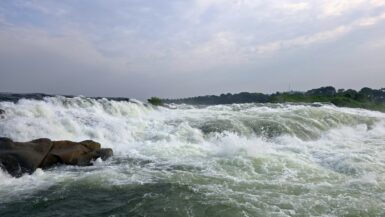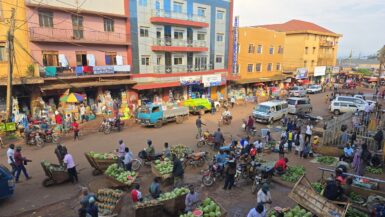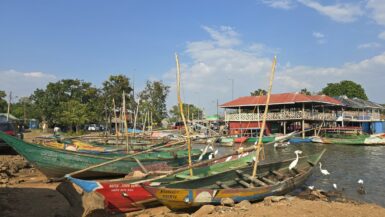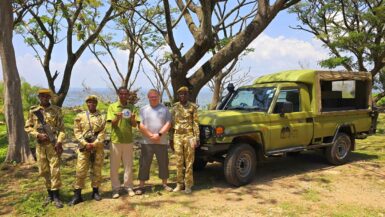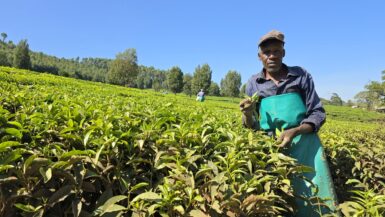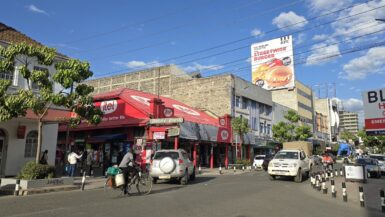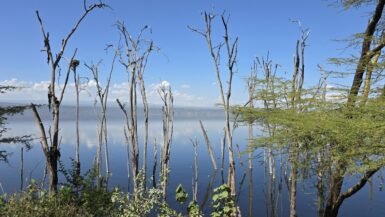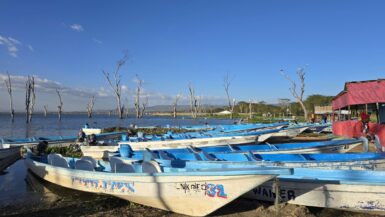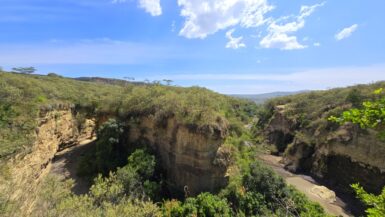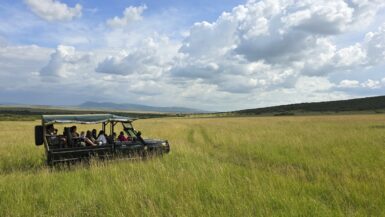The other day, we hired a local small car with a driver (85000 UGX) and drove to Itanda Waterfall (🎟️30000 UGX, tip for guide 5000 UGX). The Nile rapids north of Jinja are some of the most sought-after in Africa by adventure seekers due to their incredible power and water volume. Then, we...
